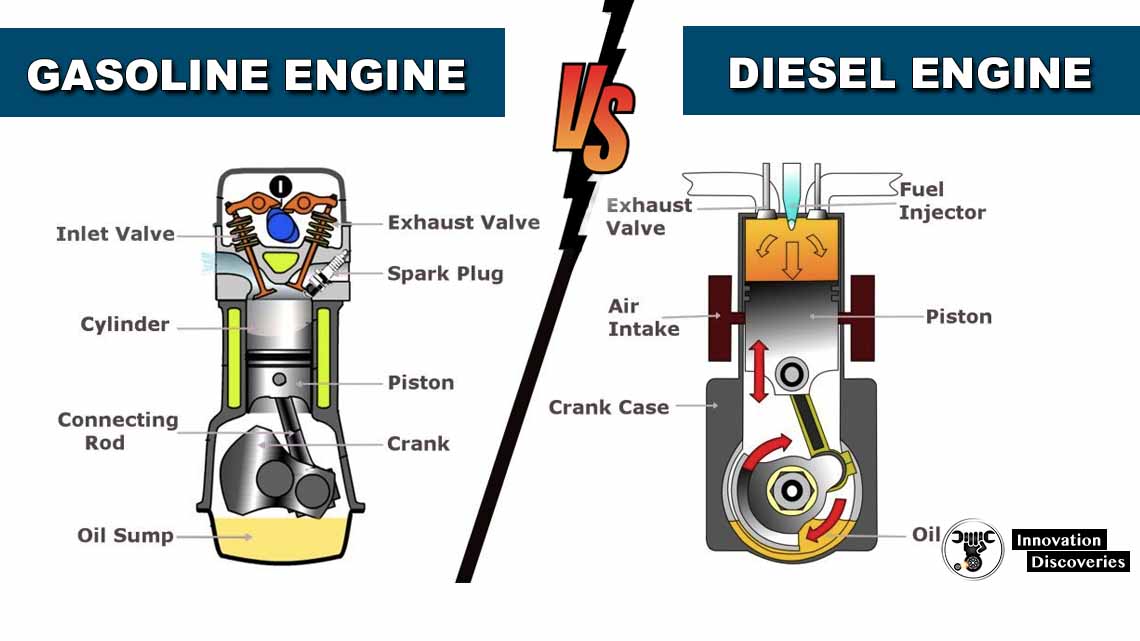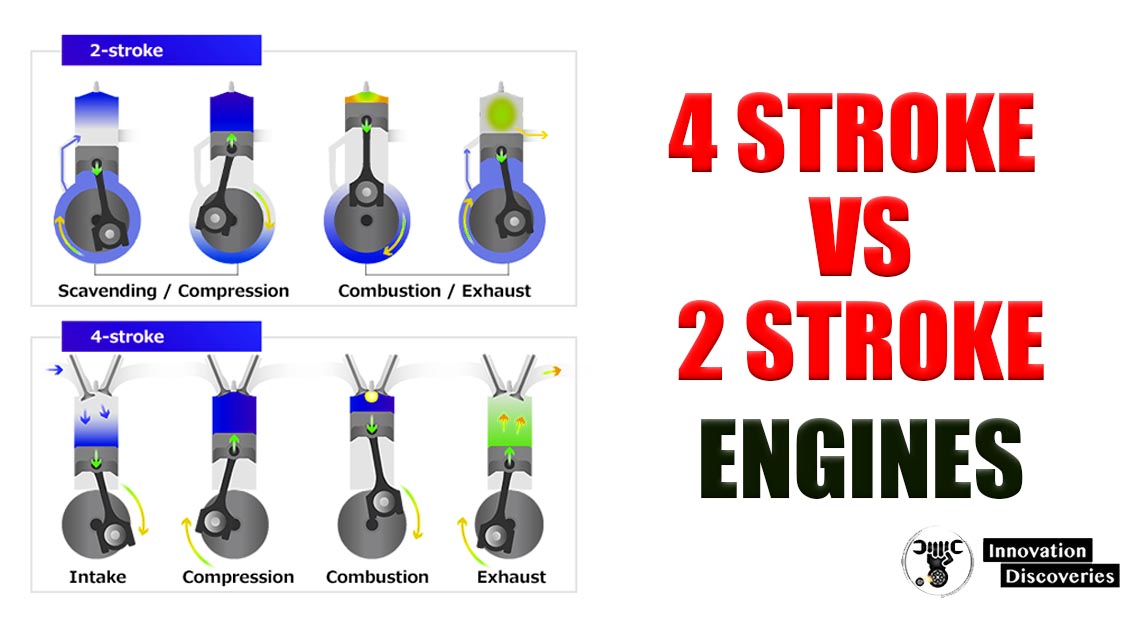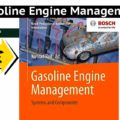
Introduction:
Celebrating a year of exploration and learning, let’s dive into the fascinating realm of internal combustion engines. Today, our spotlight is on the dynamic duo: Gasoline engines and Diesel engines.
While both propel vehicles forward with the power of controlled explosions, they operate on different principles and cater to diverse automotive needs.
Fueling the Power:
Gasoline Engines:
These engines thrive on the refined liquid gold we know as gasoline. They utilize spark plugs to initiate the combustion process, creating a controlled explosion that powers the vehicle.
Diesel Engines:
On the other side of the spectrum, diesel engines rely on diesel fuel. Here, the magic happens through the heat generated by compressing air. No spark plugs required—just the heat of compression igniting the injected fuel.
The Squeeze Factor:
Compression ratios play a pivotal role in engine dynamics.
Gasoline Engines:
These typically boast lower compression ratios, falling within the 8:1 to 12:1 range.
Diesel Engines:
With a taste for higher pressure, diesel engines revel in compression ratios ranging from 15:1 to 25:1. This compression prowess contributes to their efficiency.
Combustion Ballet:
Consider the stage where the explosive drama unfolds.
Gasoline Engines:
They follow the Otto cycle, characterized by spark-induced ignition of a pre-mixed air-fuel concoction.
Diesel Engines:
Performing on the Diesel cycle, these engines introduce fuel directly into highly compressed air, resulting in spontaneous ignition. It’s a combustion ballet with no need for a spark.
Efficiency and Economy:
Efficiency is a key player in the engine game.
Gasoline Engines:
While they may exhibit lower thermal efficiency, gasoline engines are a staple in light-duty vehicles and motorcycles.
Diesel Engines:
Renowned for their efficiency and better fuel economy, diesel engines shine in heavy-duty applications, trucks, and buses.
Torque and Power Dynamics:
Feel the power as we explore torque and performance.
Gasoline Engines:
These engines often deliver power at higher RPMs, showcasing a narrower torque band.
Diesel Engines:
With a focus on low-end torque, diesel engines are the champions of heavy-duty applications, excelling in tasks like towing.
Emission Chronicles:
Let’s address the environmental impact.
Gasoline Engines:
While emitting lower levels of nitrogen oxides (NOx) and particulate matter, gasoline engines may contribute more to carbon dioxide (CO2) emissions.
Diesel Engines:
Known for potentially higher NOx and particulate matter emissions, diesel engines may counterbalance with better CO2 emissions under specific conditions.
Versatility in Applications:
Different engines for different jobs.
Gasoline Engines:
The go-to choice for light-duty vehicles, motorcycles, and smaller power equipment.
Diesel Engines:
The powerhouse behind heavy-duty vehicles, trucks, buses, and robust construction equipment.
Conclusion:
As we celebrate one year of shared knowledge, it’s clear that the world of engines is as diverse as the vehicles they power. Gasoline and diesel engines each have their unique characteristics, catering to a spectrum of automotive needs.
With evolving technologies and a push towards sustainability, the lines between these two giants may continue to blur, offering exciting possibilities for the future of transportation.
Here’s to another year of exploration and discovery!
To know more about the working of both petrol and diesel engines,
Click the link below:
- IC ENGINE: COMPONENTS AND THEIR FUNCTIONS, TYPES, AND TERMINOLOGY
- Difference Between SI engine and CI engine
- SOHC Vs. DOHC – Which Engine Is Better?
- Lean burn engines
- Homogeneous Charge Compression Ignition (HCCI) engine
- Super Efficient Engine Uses Gas AND Diesel – RCCI
- Why There Is No Spark Plug-In Diesel Engine?
- 4 STROKE VS 2 STROKE ENGINES
Visit Forum
Visit Our Friendly Website




5 Comments